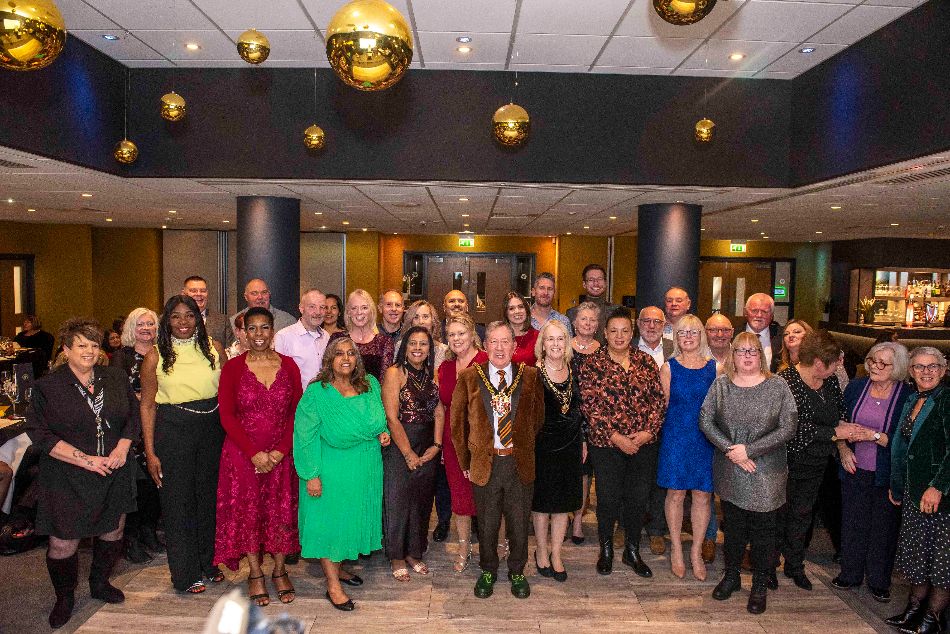E.ON brings innovative ‘Project Sunroof’ technology to Britain in partnership with Google and Tetraeder
Ground-breaking solar technology, ‘Google’s Project Sunroof’, is being made available to residents in Britain for the first time, thanks to a partnership between E.ON, Google and software provider Tetraeder. Project Sunroof from Google is an easy-to-use online tool which allows homeowners to calculate the savings they could make by installing solar technology in their homes.
As the first energy supplier to offer a personalised solar savings estimator in Britain, E.ON is giving homeowners the opportunity to take power into their own hands and get the detailed information they need to make informed decisions about whether solar technology could be a viable option for them. This initiative supports the UK’s target to produce 30% renewable energy by 2020.
E.ON is committed to providing smarter, sustainable solutions for its customers. The innovative Project Sunroof tool uses Google Earth, Google Maps and Machine Learning to estimate how much solar potential a house has by examining the property’s surroundings, weather data, sun positioning, and roof area/angle. Believed to be the most advanced technology of its kind, the tool can even assess the impact of shade from a single tree on the solar output potential of a particular property.
Michael Lewis, Chief Executive of E.ON UK said: “Last year, we successfully launched Google’s Project Sunroof in Germany and we’re delighted to bring this exciting new technology to British homeowners too. At E.ON, we’re aiming to create a better tomorrow by offering customers smarter, innovative solutions like Google’s Project Sunroof and Solar and Storage, our solar PV and battery offering.
“The launch of Project Sunroof is also part of our ongoing efforts to bring fresh digital solutions to market for the benefit of our customers. We’re proud to be the first company, working with Google and Tetraeder, to launch Project Sunroof – a service which is easy to use and highly effective in giving people the in-depth and personalised information they need to make well-informed decisions about whether solar technology is the right solution for them.”
Homeowners in certain regions can now visit eon-solar.co.uk to use Google’s Project Sunroof to learn about the solar potential for their home. The tool not only calculates potential cost savings quickly, it also allows people to sign up and begin their solar panel installation process.
People who take E.ON Solar and Storage could make significant savings on their electricity bills as well as earning money through the FiT scheme. Together this could save and earn typical customers £630 a year.
Nicole Lombardo, Business Development & Partnerships of Google, said: “At Google, we’re deeply committed to sustainability and having a positive impact on the environment. We are excited to help people in the UK make more informed choices about installing solar panels on their rooftops and transition to renewable energy sources.”
Stephan Wilforth, Managing Director of Tetraeder, said: “Since the beginning of the 2010’s, we’ve been developing our own software for the most accurate and efficient forecast of solar yield on roofs to help calculate the cost-effectiveness of PV installations. Our goal is to give homeowners the best possible support when deciding on their own PV system. We are proud to be able to provide our outstanding technology in partnership with E.ON and Google for the British people.”




















